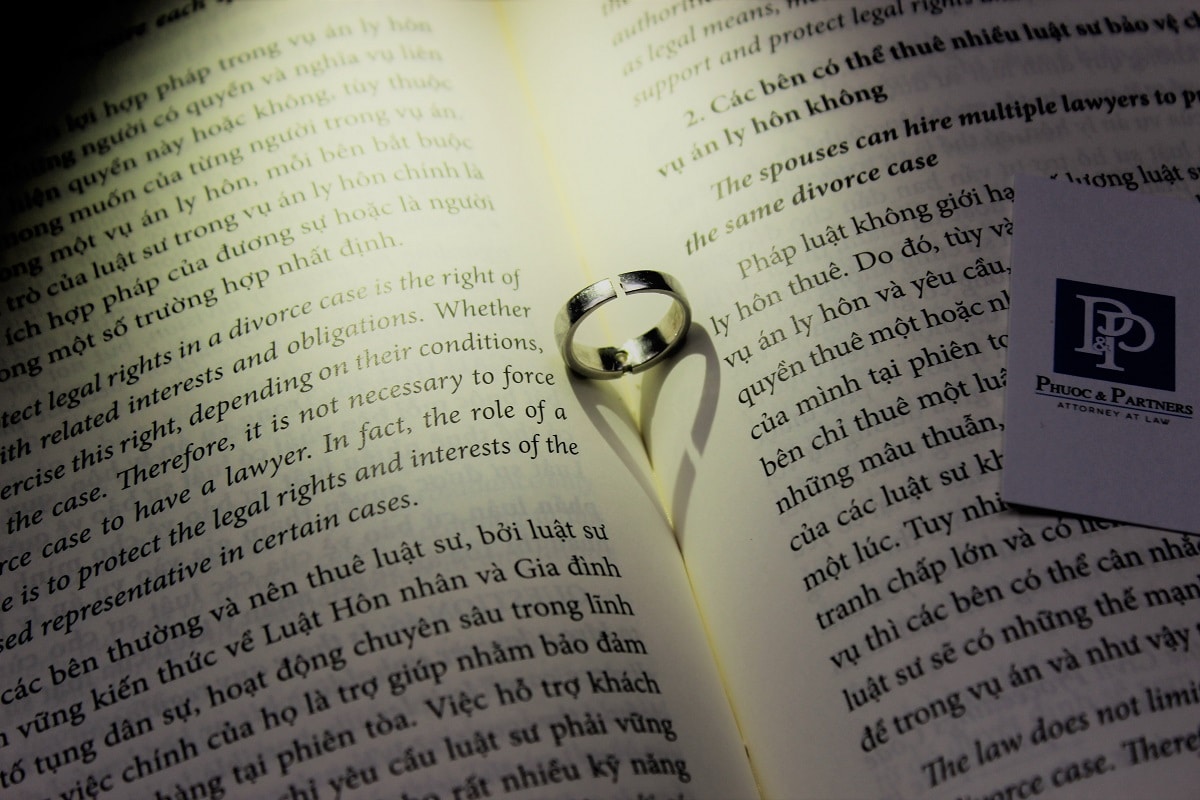When the Vietnamese Court is unable to verify owners of a property i.e. real estate or moveable property which is registered overseas, the Vietnamese Court may carry out judicial entrustment procedure. Judicial entrustment is a written request of a Vietnamese competent State authority or a foreign one to carry out one or several mutual legal assistance activities in accordance with the laws of the related country or the international treaties to which Vietnam is a member[2]. In this case, a request for mutual legal assistance is a request to identify the owner of a property being real estate or movable property in the country in which the request for mutual legal assistance is sent.
Usually, civil cases requiring judicial entrustment are civil cases involving foreign element. According to the applicable law, civil cases involving foreign element are civil cases classified in any of the following cases[4]:
- At least one of the participating parties is a foreign individual, legal entity or organisation;
- The participating parties are Vietnamese citizens, legal entities or organisations but the establishment, modification, implementation or termination of such relation happened in a foreign country; or
- The participants are Vietnamese citizens, legal entities or organisations but the subject of such civil relation is located in a foreign country (the subject of the civil relation in the question is real estate or a movable asset which shall be registered the ownership abroad).
The assignment by the Vietnamese Court of the judicial entrustment to a foreign Court must be made in writing and sent to the Vietnamese consular or diplomatic nation representative overseas. Such Vietnamese competent authority upon reception of the judicial entrustment document will forward it to the competent foreign authority for conducting the Vietnamese judicial entrustment. Once the competent overseas authority has verified the request for mutual legal assistance of the Vietnamese Court, it will transfer the results to the competent Vietnamese authority who shall transmit it to the Vietnamese Court.
The expenses for the execution of judicial entrustment include charges, fees and actual expenses arising when performing the judicial entrustment in accordance with the Vietnamese law and that of the country where the judicial entrustment is performed. These expenses will be paid in advance by the plaintiff, the appellant (according to the appellate procedure) or by other spouses in the divorce case when their request gives rise to such legal assistance[6].
The spouses’ obligations to bear judicial entrustment expenses shall be determined according to the following principles[8]:
The first principle is that the Court prioritises and recognises the spouses’ agreement on obligations to bear judicial entrustment expenses;
The second principle is that in the event that the spouses do not have an agreement or reach an agreement on the obligation to bear these expenses, the plaintiff is the person who must bear the costs of judicial entrustment, regardless whether the request is accepted or not. There are a few exceptions in any of the following cases:
- In the case of the spouses requesting the Court to divide the common properties of the spouses, each spouse must bear the judicial entrustment expenses corresponding to the part of the properties being divided; and
- In cases where the spouses divorce by mutual consent, each spouse must bear half of the judicial entrustment expenses.
The term for performing the judicial entrustment is determined according to the laws of the country where the judicial entrustment is carried out and/or that of the international treaties to which Vietnam and such country are signatories.
[2] Article 6 of the Law on Legal Mutual Assistance 2007.
[4] Article 663.2 of the Civil Code 2015.
[6] Article 152 of the Civil Proceedings Code 2015.
[8] Article 153 of the Civil Proceedings Code 2015.
If you would like more information on how we can assist you with divorce issues, please contact us at: +84 (28) 36223522 or email us at info@phuoc-partner.com

